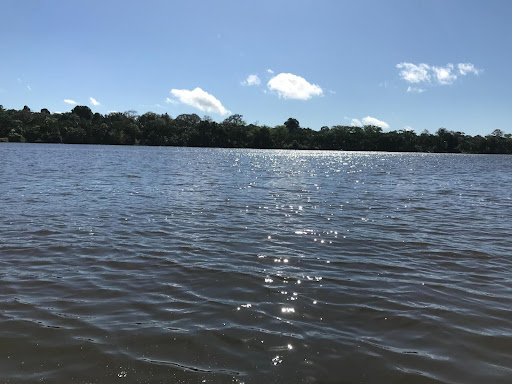The Amazon rainforest, often referred to as the "lungs of the Earth," is not just a global environmental treasure but also a critical economic resource, especially for Brazil. Among its vast natural offerings, açaí has emerged as one of the most prominent symbols of the Amazon's bioeconomy. This small purple berry, once a staple of local diets, has turned into a global superfood phenomenon, driving significant economic activity in the region. However, the rapid expansion of açaí production and other bioeconomic activities due to nutritional value and market demand has had a serious impact on the lowland forests. Expansion of acai is causing loss of biodiversity and native species in the region, which in turn is resulting in lower productivity of the acai plant because of loss of pollinators- a phenomenon now termed as Acai-fication.
These challenges are exacerbated by changing weather patterns, including unpredictable rainfall and longer dry seasons, impacting crop yields and farming cycles as acai grows in wetlands that are accustomed to flooding. Ignoring the local biodiversity is harmful not only to the booming industry but also to floodplains that are disappearing due to vegetation holding the land. These are local challenges that technology can help address and preserve the mighty Amazon and its local practices.
Farmers predominantly believe that growing more acai palms will translate into a bigger harvest, thus enabling sustainable agri learning that focuses on low impact acai farming practices and advisory information, which will help in combating misinformation, increasing yield and higher production quality. E-learning platforms can offer training in sustainable farming practices covering agroforestry, soil management and conservation techniques, and entrepreneurship. These e-learning initiatives must be supplemented with community knowledge sharing where local farmers can share best practices, access expert advice, and collaborate on sustainable farming techniques.
Additionally, access to credit and subsidies to farmers that focus on sustainable agri practices without compromising biodiversity can be helpful incentives. This can be augmented by transparency in the supply chain, ensuring that products labelled as "sustainable" truly meet environmental and social standards. For açaí producers, this could mean tracking the berry from harvest to market, providing consumers with verifiable information about its origin and ensuring fair compensation for local communities. With the Belem-City wide network (Rede Belém Aberta) - a beckn-protocol based open, interoperable, federated network - the CIty administration can transform the agriculture sector by enabling the discovery and delivery of verified agricultural content, best practices, and agri-skilling resources across a wide range of private and public platforms, fostering innovation and progress through a collaborative approach.
Surge in Acai has benefited the local communities and poorest of the poor tremendously and the benefits of the trade cannot be understated but it’s time to empower these communities with direct access to market and sustainable management practices to build climate resilient and diversified economies.

